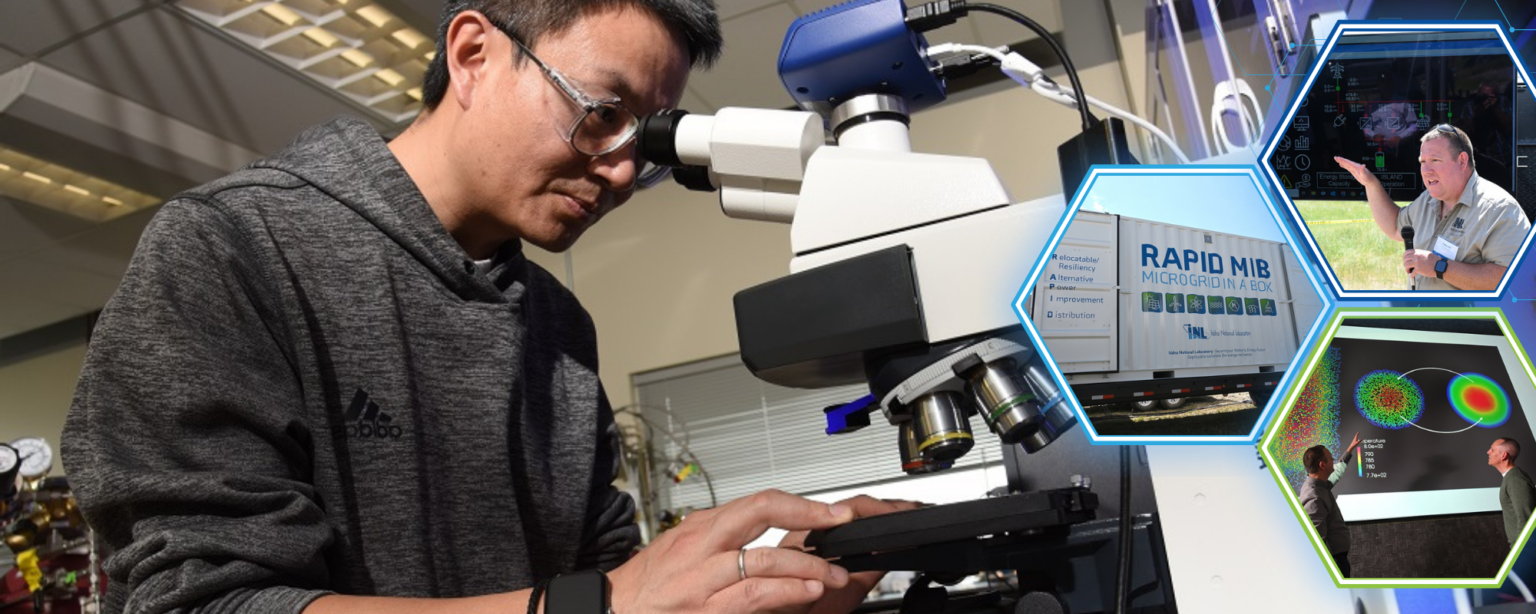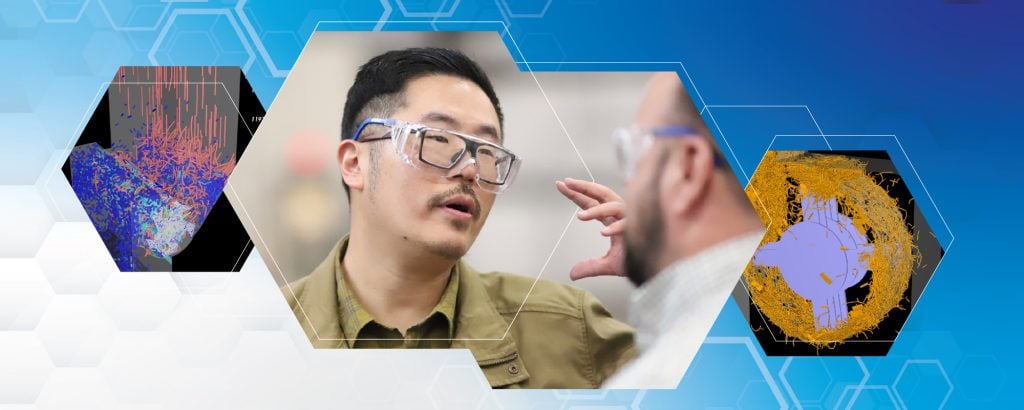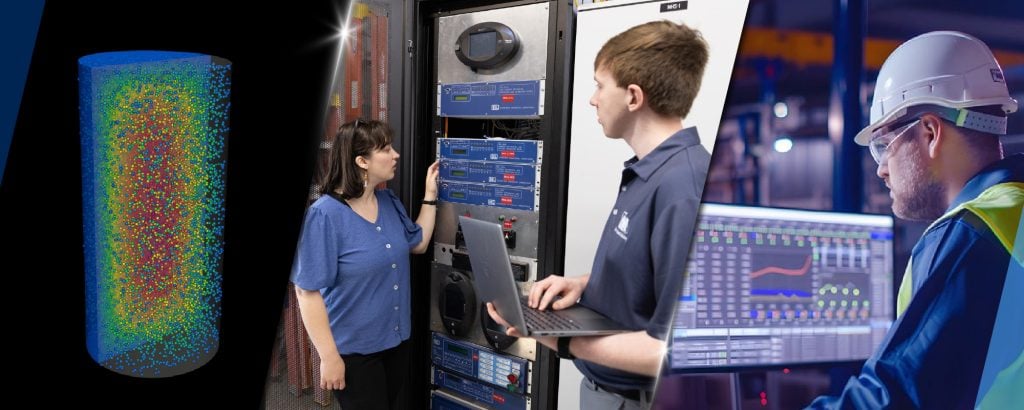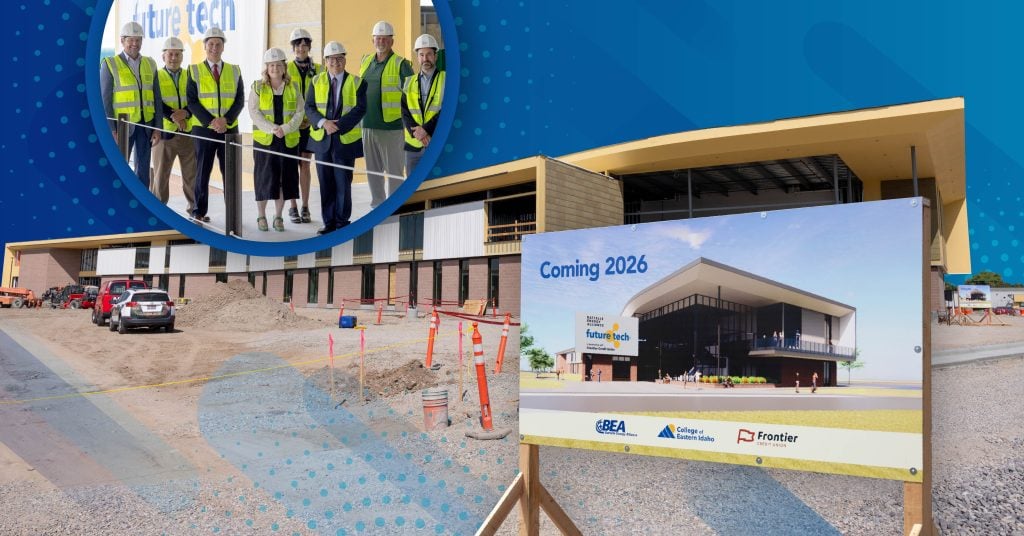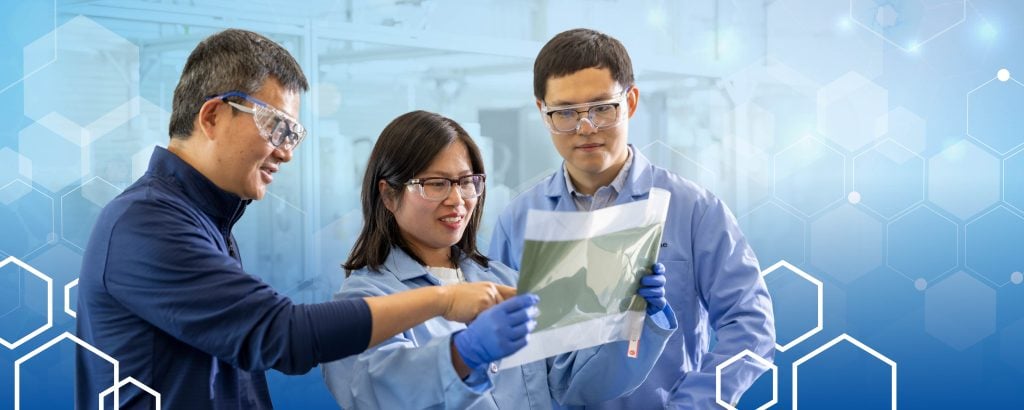Idaho National Laboratory technologies and projects won more than $7.5 million from the U.S. Department of Energy’s (DOE) Technology Commercialization Fund (TCF) program.
TCF is a highly competitive program that supports the commercialization of DOE national lab plant and site technologies and the buildout of the national lab commercialization ecosystem. INL won awards for 11 of its 17 proposals, a 65%-win rate, making it one of the most successful years for projects funded and money awarded.
“We’re beyond excited to have so many of the lab’s technologies and projects receive these TCF awards,” INL Technology Deployment Director Jason Stolworthy said. “It demonstrates DOE’s confidence in the work we’re doing at INL, but it really gives us the opportunity to take our technologies to the next level in commercialization, so they can be put to use and impact the nation.”
One INL proposal was also selected as an alternate TCF project, which may receive funding if additional monies are available.
Companies, research institutions or other potential partners may send questions about partnership opportunities to Technology Deployment.
The following are INL technologies and projects received TCF funding:
Scale-Up of High-Performance Proton Conducting Solid Oxide Electrolysis Cells and Development of the Short-Stack for Low-cost Hydrogen Production at Intermediate Temperatures: INL and the University of Connecticut will develop an electrolyzer capable of producing low-cost hydrogen to reach DOE’s Hydrogen Shot cost target of $1 per kilogram of hydrogen by 2031.
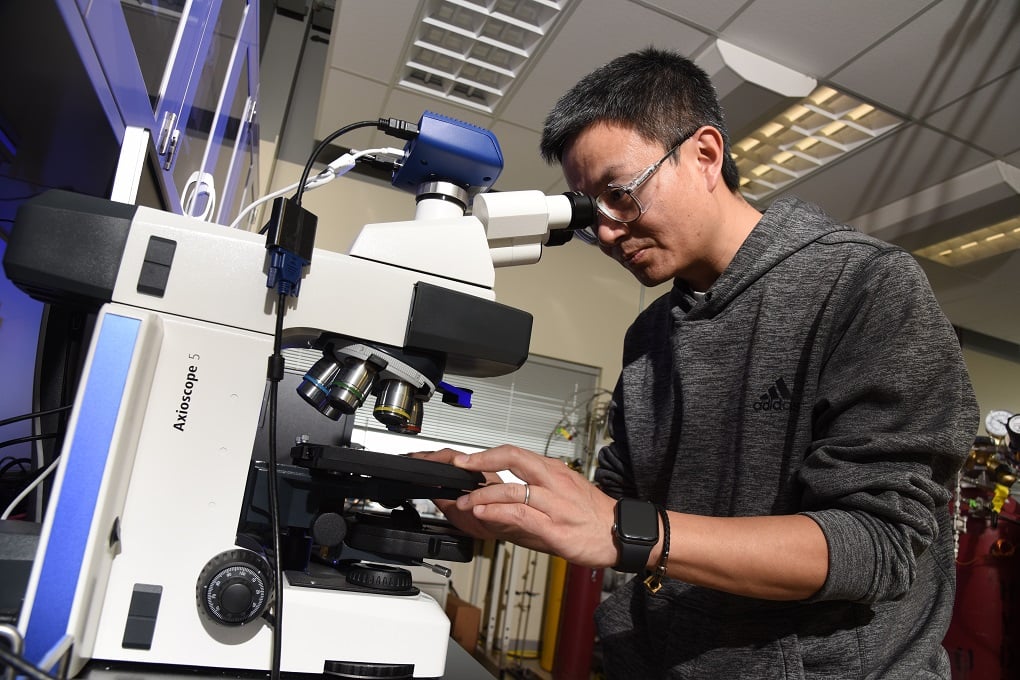
Optimizing Commercial Viability of Advanced Reactors with Thermal Energy Storage by Enhancing FORCE Integrated Energy System Price-Maker Market Modeling: INL, along with Westinghouse, will enhance the open-source Framework for Optimization of Resources and Economics (FORCE) tool suite to improve the commercialization potential of integrated energy systems-enabling technologies.
Elevating the State of Validation and Uncertainty Quantification in the BISON Fuel Performance Code for Commercialization and Licensing: This project will ease requirements for BISON users to demonstrate the trustworthiness of BISON’s predictions in a licensing context.
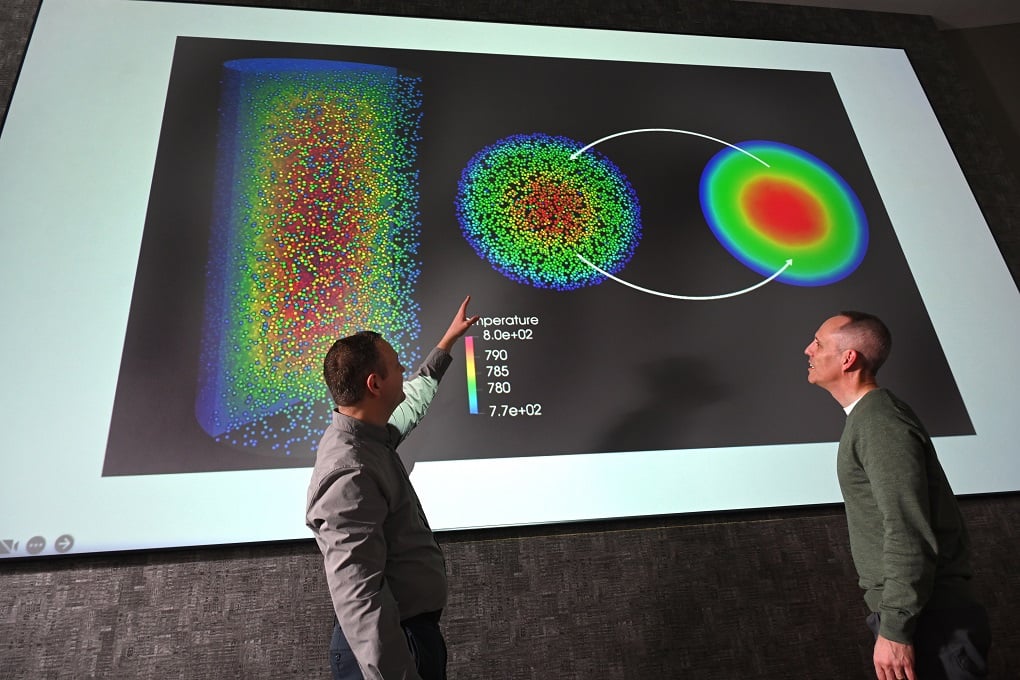
Cellulose 2.0TM, Repurposing Non-recyclable Municipal Solid Waste through Diversion and Up-cycling Methods: INL, partnered with AMP, will work on the commercial viability of Cellulose 2.0™, which transforms non-recyclable waste fractions (plastics, textiles, wood, metals) into a high-performance insulation.
Industrialization and Advancement of the INL RAPID-Microgrid-in-a-Box, Relocatable/Resiliency Alternative Power Improvement for Distribution – Microgrid: This project aims to advance the development of an industrialized microgrid-in-a-box solution, with collaboration from industry partner Abraham Solar.
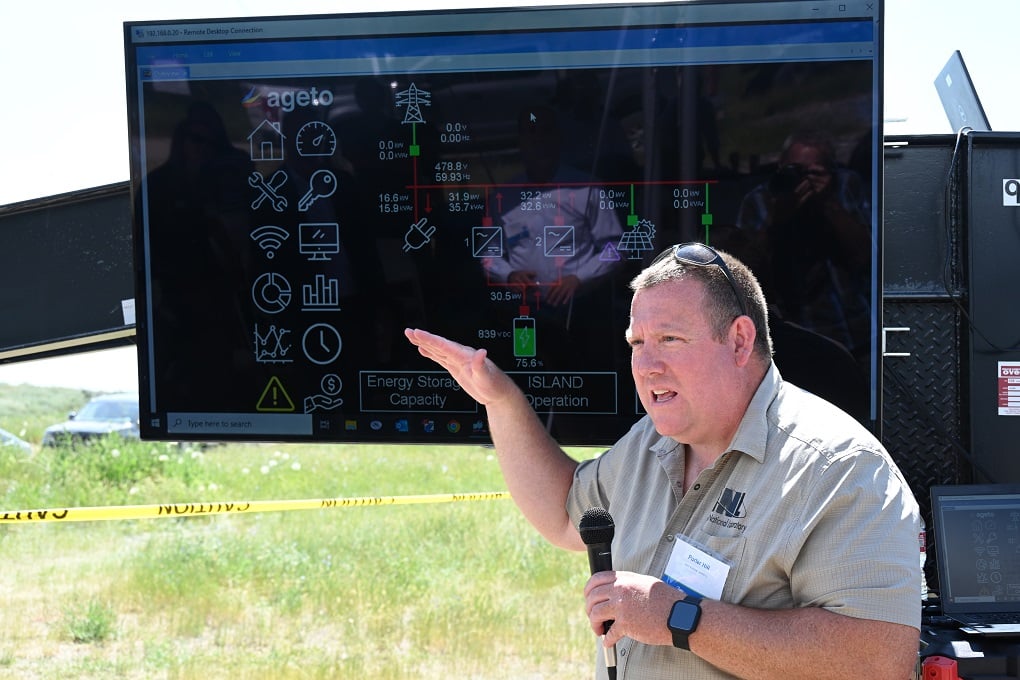
Initial FRI3D Commercial Usage Assistance: This commercialization project focuses on ensuring the initial adoption and success of the INL-developed software FRI3D, which is being commercialized by Centroid Lab.
Optimization of Physical Security Protection through Combined Simulation: This project will look to reduce the cost of physically securing nuclear power plants while maintaining required protection levels.
Autonomous Control for Reactor Technologies: INL, in collaboration with Curtiss-Wright and Purdue University, will address technical, regulatory market requirements and the level of human interactions that are vital to ensure continued progress toward deployment of autonomous operation for nuclear reactors.
Artificial Intelligence Technology Licensing Accelerator Solution (ATLAS): This is a two-year project to demonstrate the application of artificial intelligence in technology transfer.
Integrated Processing and Hydrothermal Pretreatment of Corn Stover into a Second-Generation Ethanol Facility: The objective of this project is to characterize and reduce the impacts of material variability of corn stover on preprocessing, pretreatment, and conversion.
National Laboratory Licensing Playbook (NREL lead): This project proposes the development of a licensing playbook as a professional resource for licensing practitioners across the community of DOE national laboratory technology transition programs.
Alternate INL technology selected:
Novel and Inexpensive Coating Technology for the Fabrication of Accident Tolerant Cladding Materials for Light Water Reactors: In partnership with Oak Ridge National Laboratory, the Caribbean Green Technology Center and Sujen International LLC, INL will look deeper into improving zirconium alloy safety and prepare the technology for commercialization.
NEWS MEDIA CONTACTS:
Joelyn Hansen, 208-201-7650, [email protected]
Sarah Neumann, 208-520-1651, [email protected]

